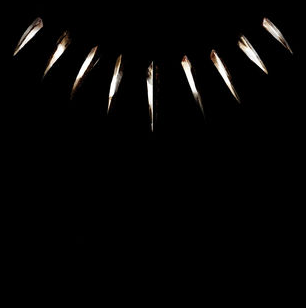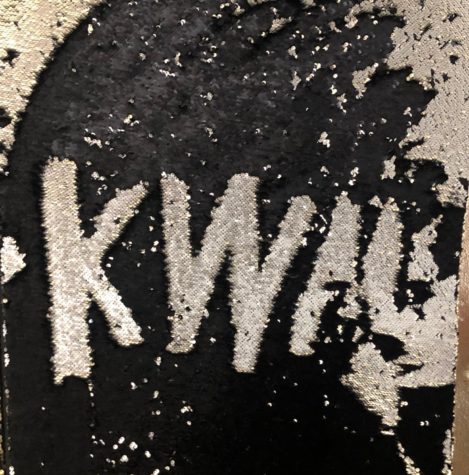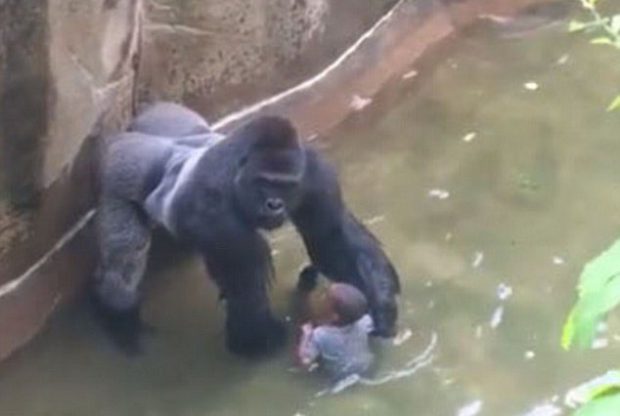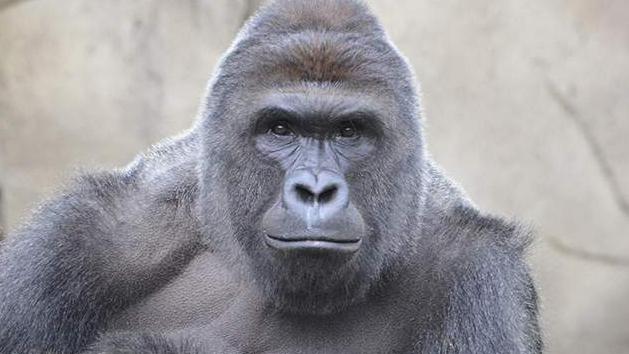Pray For Me: a review

COVER: Black Panther (Music From and Inspired By), 2018 Top Dawg Entertainment/Aftermath/Interscope Records
March 26, 2018
Pray For Me, the final track of the Black Panther album, is a culmination of everything great about Black Panther. Its performers happen to be two of the greatest in modern music: otherworldly vocalist the Weeknd and G.O.A.T.-contender Kendrick Lamar. The Weeknd opens this relay, carrying the baton flawlessly through the first verse and chorus. He casts himself as a solitary Black Panther on the edge of numbness by the end of the first verse, at risk of losing the compassion that made him a great king. The chorus finds the Weeknd pleading to a mysterious “you” for liberation and freedom, someone who would pray for him and someone for whom he would die. While the subject seems to be at first the movie’s love interest, the self-confident warrior Nakia, a closer analysis suggests that the savior Black Panther craves in this song is not his singular lover, but his native Wakanda.
As the Weeknd fades out, Kendrick Lamar appears and glides over the beat. He slides perfectly between the styles of his lines (his more spacious delivery of “I’m trying to fight back tears/Flood on my doorsteps” turning swiftly to “Shooters on top of the building, government aid ain’t relief” is one example), splatter painting pictures of disaster with blood puddles, snipers, hurricanes, and references to 9/11, and in it, telling himself, Black Panther, and an undisclosed “you” that the hero sought is within. This line is an incredibly powerful rousing call not only to the Wakandans but to everybody who identifies with them.
The ending few lines of Kendrick’s verse bring back the unmistakable feelings and textures of the Heart Part 4. Something is deeply wrong with this world, and the apocalypse is not far now. His final declaration of self-sacrifice ties deeper into this: he is willing to die for his faith here, casting Black Panther as a character much like him. And with that final insight, Kendrick withdraws into the wings of the stage again, letting the Weeknd plunge back into his optimistic uncertainty and unleash glitchy vocals screaming what appears to be “alone” on both sides of the stereo, while an additional melody arises to give even more depth to the music than the background vocals can provide.
At this point, the third verse slows, finding the Weeknd singing his gorgeous chorus over synth chords, his voice echoing into a gloomy night sky, slurring the ifs in his lines like his voice is breaking out of something, giving a heavier emotional weight to this final round. And then, just as a final pre-chorus would be expected, Kendrick Lamar suddenly swoops in singing over multiple layers of himself, and he sounds phenomenal. He is living by himself and his own rule in case his faith turns out to be a fairy tale, and the pop formality of his monologue makes it hit even harder. And with Kendrick’s unexpected and sweeping outro over, the synths vanish back into the darkness, leaving the Weeknd howling alone, the staggering beat finally slamming into the guardrail and tumbling into the abyss. The last chugs of the fading beat turn into a programmed three-second silence, and with that, this haunting song dissipates, leaving its beat to pound in the listener’s head, the words of the song wedged somewhere deep within.



